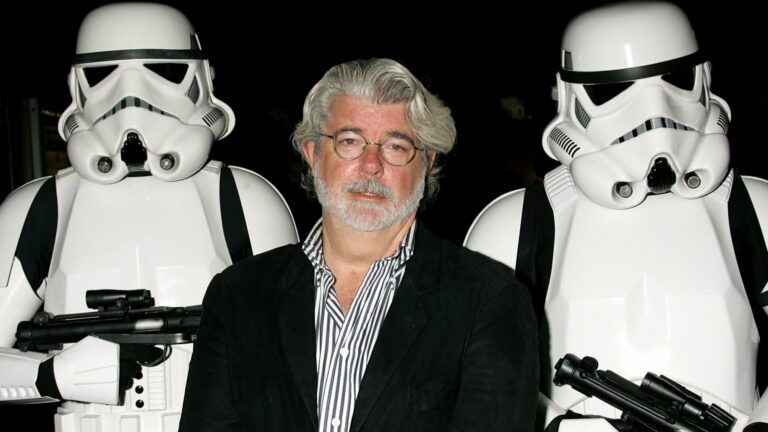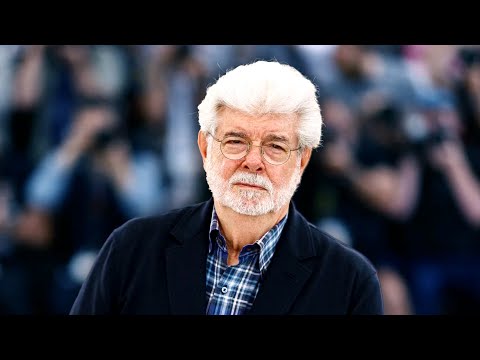The rapid advancement of Artificial Intelligence (AI) continues to stir significant debate across various sectors, with the entertainment industry standing at a particularly contentious crossroads. The integration of AI in filmmaking has sparked concerns about job security and the essence of creativity, yet some industry pioneers, like George Lucas, view its adoption as not only inevitable but essential.
George Lucas, the visionary behind the iconic Star Wars saga, recently shared his insights on the matter. Having revolutionized visual effects through his work, Lucas compares the resistance against AI to the skepticism once held against automobiles, suggesting that just as society adapted to cars over horses, it will inevitably embrace AI.
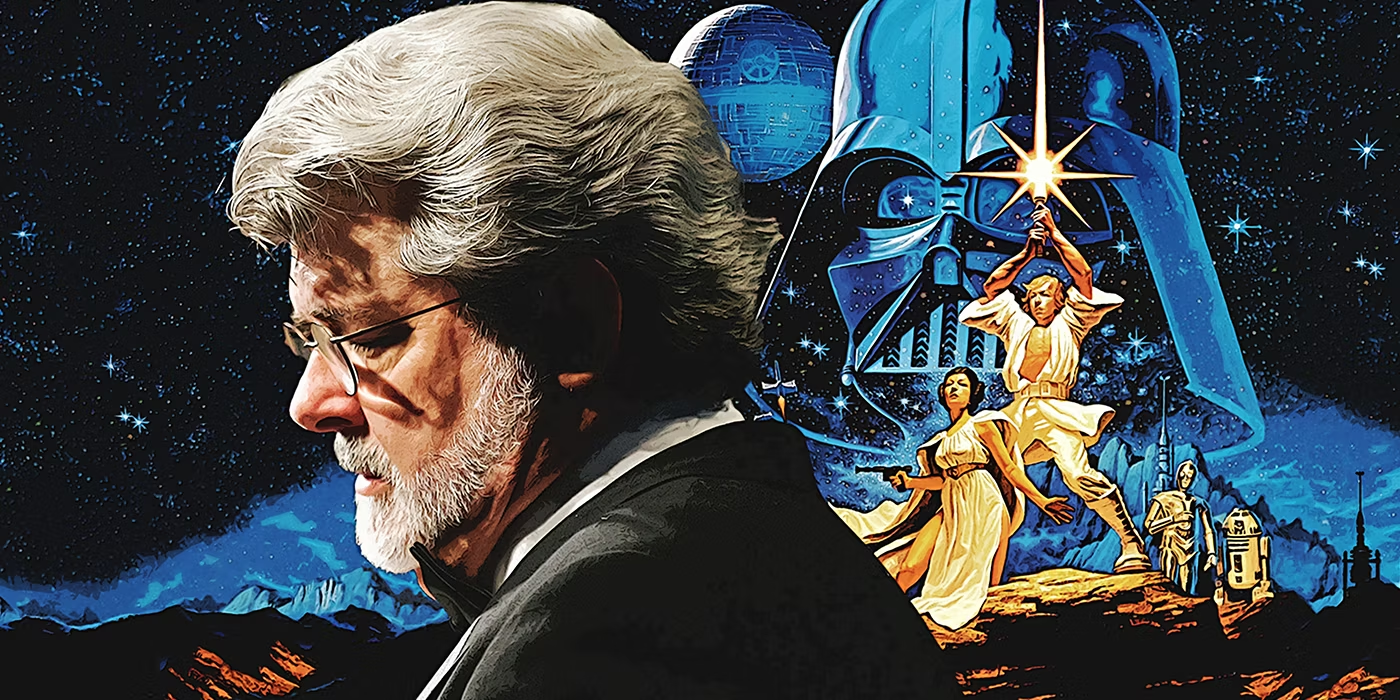
“It’s like saying ‘I don’t believe cars are gonna work, let’s just stick with the horses’…that isn’t the way the world works,”
Lucas remarked during an interview at Cannes with media outlet Brut.
Hollywood’s Mixed Reactions to AI
Despite Lucas’s optimistic outlook, many artists express unease about the rapid integration of AI in creative processes. The fear is not unfounded; AI’s capability to replicate voices, compose music, and even script and produce films threatens to overshadow human creativity, potentially making traditional skills redundant.
Scarlett Johansson, a prominent figure in Hollywood, recently became a talking point when she was purportedly “replaced” by AI in a project, igniting a flurry of reactions from fans and industry insiders alike. Social media platforms have become battlegrounds for debates on this topic, with users like @gmanski3 voicing concerns over AI diluting the genuine human creativity that is fundamental to art.
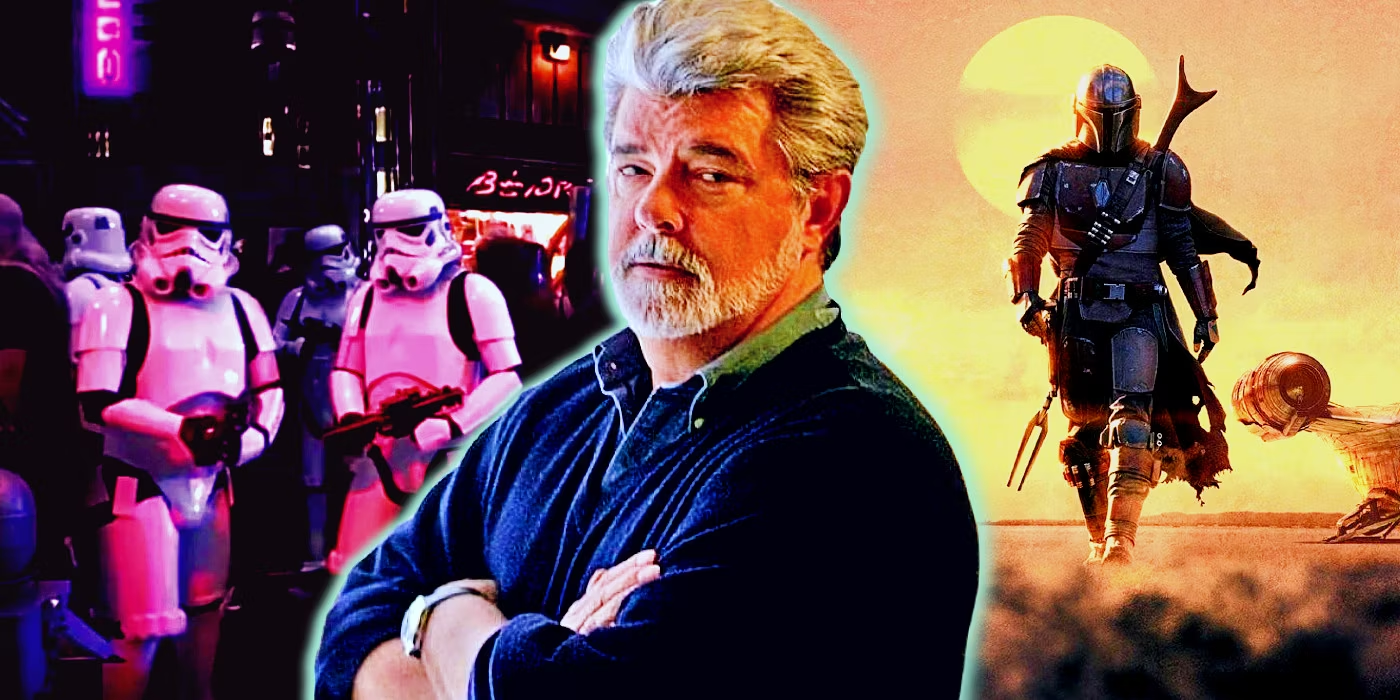
Public Sentiment and the Future of AI in Cinema
The discourse around AI’s role in cinema is polarized. Some argue that like any tool, if used responsibly, AI can enhance rather than detract from artistic creation. A user known as @ofComedyHistory pointed out,
“It’s like CGI, it’s not going to replace actors and acting in every movie, but it will be used when it fits.”
Yet, others like @ChatsunamiPod worry about the broader implications for the industry, questioning whether the convenience of AI undermines the very foundation of creative expression which cinema is built upon.
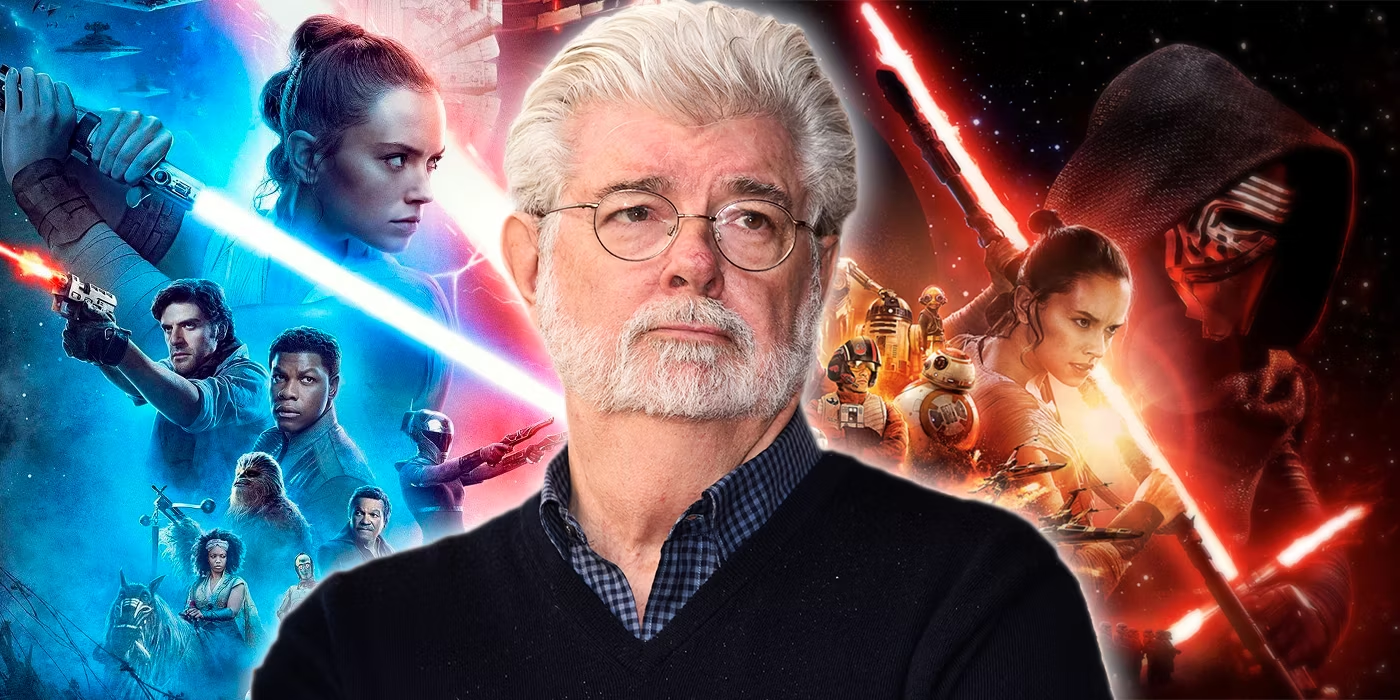
“Lucas was one of the trailblazers of cinema and creativity, yet he’s saying we should just let AI into an industry whose sole reason for being is the creativity of people?”
Navigating a New Technological Landscape
The integration of AI in filmmaking is not just about adopting new technology but also about redefining the boundaries of creativity and the roles of those who create. As the technology matures and becomes more sophisticated, the industry faces a crucial phase of adaptation. The challenge lies in harnessing AI’s potential while maintaining the unique human touch that defines cinematic art.
The ongoing debate is a testament to the broader societal shifts prompted by technological advancements. As AI becomes increasingly prevalent across all aspects of life, the film industry, like many others, will need to find a balance between innovation and tradition, ensuring that the human element remains at the heart of creative expression.
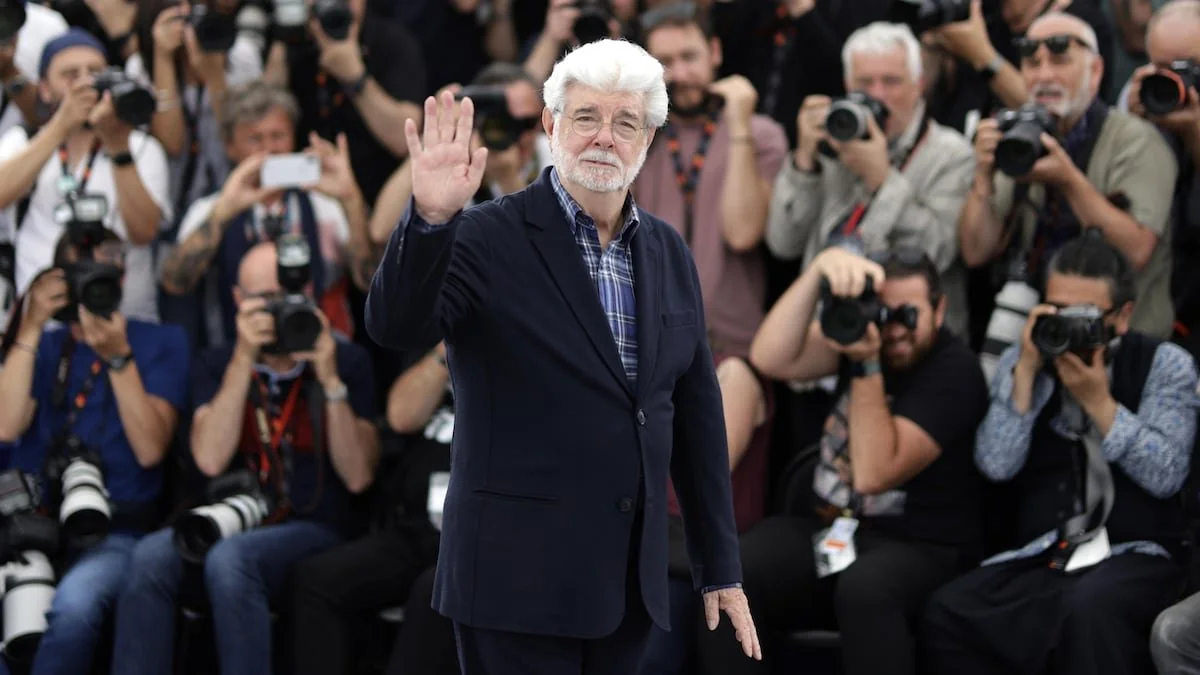
George Lucas’s perspective may serve as a reminder that change is often inevitable, but how we manage and integrate new technologies will determine their impact on our cultural and professional landscapes. As the industry evolves, it will undoubtedly continue to spark discussions on the future of art and automation in the ever-changing world of cinema.
